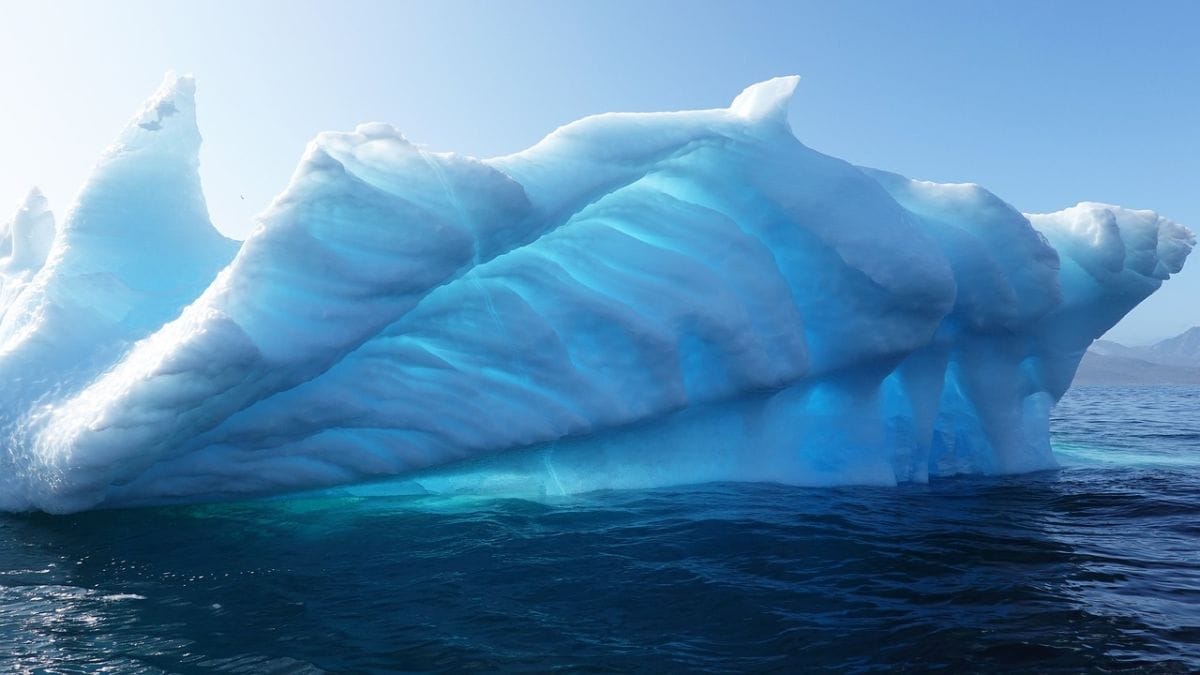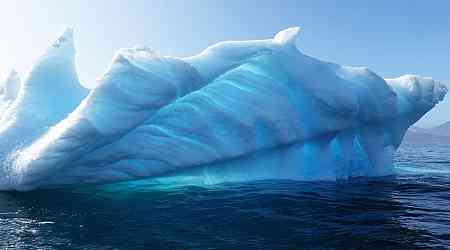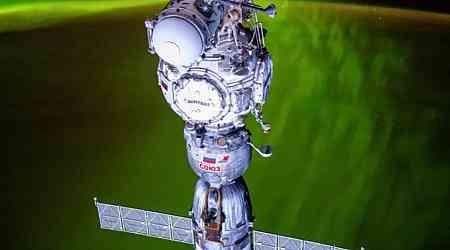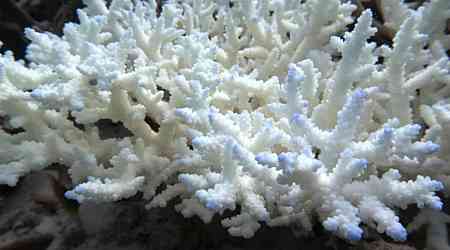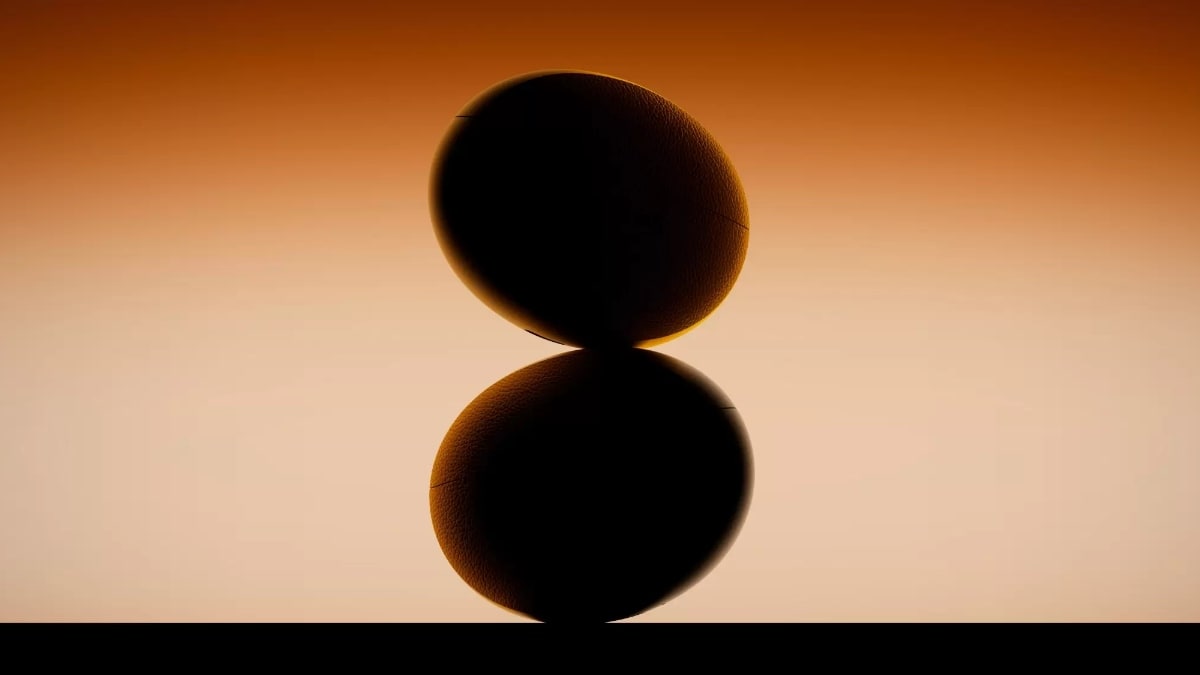New research reveals that Greenland was almost completely ice-free at some point in the last million years, challenging previous beliefs about its ancient ice coverage. Fossilized flowers and other plant materials were discovered in a core sample taken from the centre of the island, providing the first direct evidence that Greenland's ice sheet had melted significantly, giving way to a tundra ecosystem.
The study, published in the journal PNAS, was led by Paul Bierman, a geologist at the University of Vermont. The research team re-examined an ice core that had been extracted in 1993, uncovering fossils that included willow, fungi, and insect remains. Among the most remarkable finds was an Arctic poppy seed, impeccably preserved. These discoveries suggest that the region once supported a thriving tundra environment, a stark contrast to its current icy state.
Greenland was Thriving with a Thriving Tundra Environment Million Years Ago
One crucial piece of evidence came from a specimen of rock spike moss (Selaginella rupestris), a plant that only grows in sandy and rocky places far from the ice. This find, along with others, indicates that Greenland's ice sheet was not as permanent as once believed. Previous studies have already suggested that parts of Greenland were ice-free in the past, but this new evidence extends that understanding to the island's centre.
The implications of this discovery are very significant. If Greenland was ice-free at lower levels of atmospheric carbon dioxide than today, it raises concerns about the island's future. With current CO2 levels, there's potential for Greenland to lose its ice once again, leading to a dramatic rise in sea levels.
Though the process of losing its ice might take decades or even centuries, the study highlights that Greenland's ice sheet has melted before and could do so again. This understanding adds urgency to the ongoing discussions about climate change and its potential impact on global sea levels. The research offers a sobering reminder of the planet's changing climate and the delicate balance of its ecosystems.


















